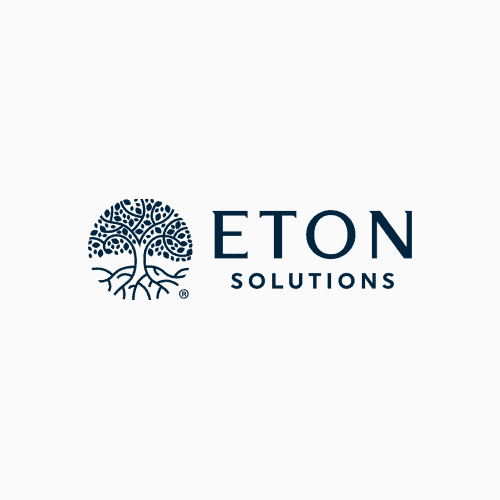A 2004 Harvard Business Study identified contextual intelligence — the ability to understand and act on major market trends — as a key trait of successful business leaders. This insight is even more relevant today, especially for advisers working with HNW and UHNW clients.
Yet surprisingly, many clients struggle to discuss philanthropy with their advisers, meaning that both parties are missing a massive opportunity. By 2048, an estimated $124 trillion will transfer between generations, with $62 trillion coming from HNWIs and UHNWIs, who represent just 2% of households. Much of this wealth will first pass to spouses – $40 trillion to widowed Baby Boomer women – before ultimately being distributed to heirs or charities. Additionally, $85 trillion will go to Gen X and Millennials, making it crucial for advisers to build relationships with these younger investors. They’re not just inheriting wealth; they’re reshaping how it’s used.
A shift in expectations
It’s notable that only a minority of wealth management professionals have recognised the need to understand the needs and expectations of their new potential client base.
In 2025, mankind is facing interconnected global challenges across environmental, geopolitical, economic, technological, and social domains. These issues have shaped how new wealthholders view their assets.
From a philanthropic mindset, they’re prioritising distributing their funds to social justice, environmental sustainability, mental health, climate action, and basic human needs, differing from their predecessors. This values-driven giving approach signals broader expectations both as consumers and clients. Financial advisers who understand this shift will be better positioned to serve them.
However, many advisers hesitate to discuss philanthropy, fearing legal risks. But there’s a distinction between providing ‘advice’ or simply sharing information or ‘signposting’. By reframing this interaction, advisers can create win-win situations without risking liability. Advisers can offer a holistic service by understanding the changing needs of the next generations, who see wealth management as more than just increasing wealth. They are seeking deeper, trust-based relationships with advisers.
We rounded up a few companies that you might find interesting.
The role of morals and ethics
Should advisers feel a moral responsibility to discuss philanthropy? Some argue yes. In a 2004 forum by The Philanthropy Initiative, experts suggested that while philanthropy may not be an adviser’s ethical duty, it’s a moral one. If all businesses fulfilled their moral obligations, society would benefit significantly.
Ethics is about considering the right thing to do, while morals are about acting on it. By engaging clients in philanthropic discussions, advisers help them align their wealth with their values. Philanthropy is inherently moral – it’s about intervening in others’ lives for their benefit, not just personal gain.
Deepening moral biographies
Schervish suggests that advisers can enrich their own moral biographies by helping clients explore theirs. He defines a moral biography of wealth as the way individuals use their resources beyond personal accumulation. He draws on figures such as Moses, Mother Teresa, and even Luke Skywalker as examples of using resources for a greater purpose.
For advisers, access to HNWIs and UHNWIs is a resource in itself. By introducing philanthropy into client conversations, they don’t just facilitate giving – they participate in the process. In doing so, they can enhance their own moral standing while providing clients with meaningful ways to engage their wealth.
Conclusion
Family offices striving to offer a holistic service must recognise the evolving expectations of their new client base. Wealth management is no longer just about financial growth – it’s about purpose. Advisers who embrace this shift will build deeper, trust-based relationships with clients, ensuring their own long-term success.










